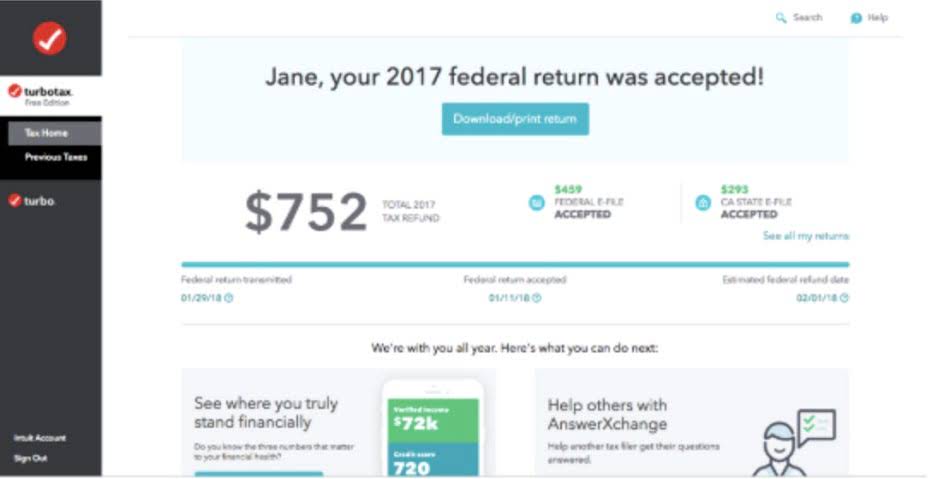
SaaS businesses should invest in training programs to educate employees on how to use the software effectively. This includes providing training materials, such as user manuals, video tutorials, and online courses. Choosing the right accounting software is crucial for the success of the implementation process. SaaS businesses should consider factors such as scalability, ease of use, and cost when selecting the software. It is also important to choose software that integrates with other business applications to ensure seamless data flow between systems.

There are several different accounting methods that SaaS businesses can use, including cash basis accounting and accrual basis accounting. Cash basis accounting involves recognizing revenue and expenses when cash is received or paid. As you delve into these arrangements, we’ve developed a series of Q&As to help you navigate common issues that arise. From determining contract term and assessing whether a software license is distinct to accounting for variable fees in a SaaS arrangement and much more, we hope to demystify the accounting and reporting implications. In the following sections, we’ll dive deeper into the metrics and key performance indicators (KPIs) used in SaaS accounting, shedding light on how these metrics tie into revenue recognition and financial reporting.
Account for revenue as performance obligations are completed
One of the biggest pros of NetSuite is its comprehensive suite of features, which can be customized to meet the needs of businesses of all sizes. The platform offers robust financial management capabilities, including https://www.bookstime.com/articles/accounting-for-research-and-development accounts payable and receivable, budgeting, and forecasting. Additionally, NetSuite’s CRM and e-commerce solutions are highly regarded and can help businesses streamline their sales and marketing efforts.
- Tipalti’s finance automation software makes batch payments to suppliers, and marketing or other partners simple and fast.
- Known for its user-friendly design, it simplifies the complexities of accounting to make it more approachable for business owners without a financial background.
- QuickBooks is a solid choice for SaaS companies of almost any size – from startups to well-established enterprises.
- To augment Sage Intacct, you can integrate Salesforce CRM for customer relationship management.
- Staying informed, proactive, and adaptable is essential for SaaS companies and accounting professionals alike.
- Specialized accounting software for SaaS provides real-time financial data that enables SaaS companies to make informed decisions.
Before implementing accounting software, it is essential to assess the business needs and requirements. This includes identifying the specific accounting tasks that need to be automated, such as invoicing, expense tracking, and financial reporting. By saas accounting understanding the business needs, SaaS businesses can select the accounting software that best suits their requirements. Sage Accounting Software also provides real-time reporting, meaning that users can access up-to-date financial data at any time.
Revenue and revenue recognition
In the 1970s, personal computing grew in popularity, and companies started moving away from renting computing time from data centers. But does SaaS make sense for a small business, or should you look for software you can download for a one-time fee like they did in the old days? Here’s what you should understand about SaaS, as well as some answers to key questions about how it impacts your business. In the business world, it’s impossible to get away from Software as a Service (SaaS). KPMG Handbook, Revenue recognition, is a complement to this industry-specific Handbook. It illustrates how ASC 606 applies to common transactions, provides examples about common scenarios, explains our emerging thinking on key interpretative issues and compares the new requirements to legacy US GAAP.
This may influence which products we write about and where and how the product appears on a page. Use the RFP submission form to detail the services KPMG can help assist you with. Some or all of the services described herein may not be permissible for KPMG audit clients and their affiliates or related entities. The accounting framework outlined in the remainder of this article is consistent with these agenda decisions. It is the combination of a predominant mindset, actions (both big and small) that we all commit to every day, and the underlying processes, programs and systems supporting how work gets done.
